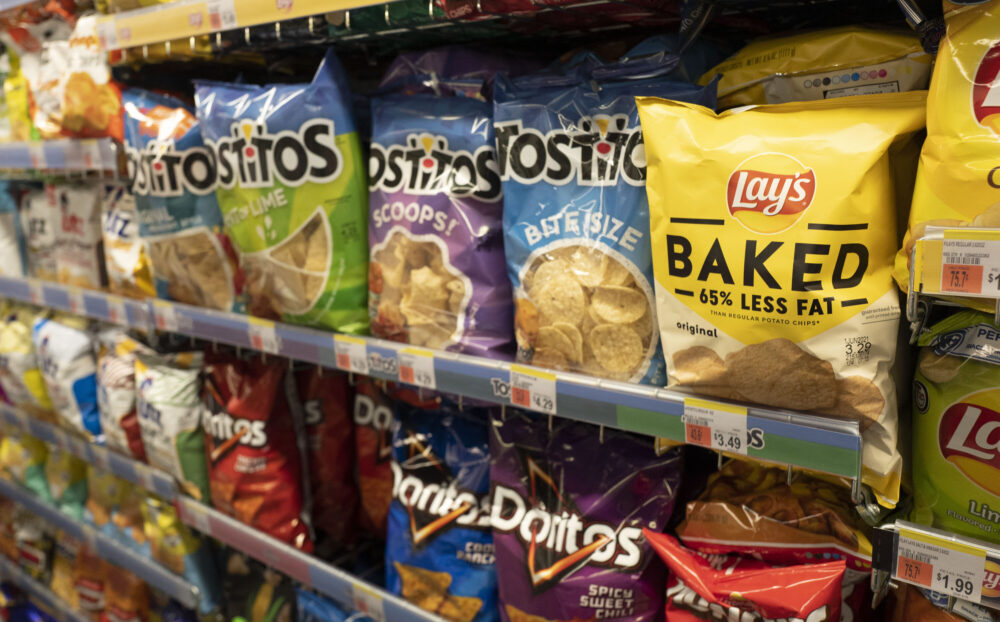
A new health warning label may soon appear on many food and beverage packages in Texas thanks to a bill passed by state lawmakers.
Senate Bill 25, if signed into law by Gov. Greg Abbott, would require food manufacturers to include the following warning on their products if they contain any of the more than 40 chemicals listed in the bill, including common artificial dyes like Red 40.
"WARNING: This product contains an ingredient that is not recommended for human consumption by the appropriate authority in Australia, Canada, the European Union, or the United Kingdom."
The warning would be placed on popular items such as M&Ms, Mountain Dew, Doritos, Pop-Tarts and many other processed foods.
In response to the legislation, dozens of companies, including Walmart, Coca-Cola and Pepsi, authored an open letter to Texas lawmakers to voice their "strong opposition" to the warning labels.
"Texans deserve honest labeling; but they also deserve public policy that's been studied, vetted and evaluated for health considerations as well as economic impacts," the companies wrote before SB 25 was passed. “As currently written, the food labeling provision in this bill casts an incredibly wide net — triggering warning labels on everyday grocery items based on assertions that foreign governments have banned such items, rather than on standards established by Texas regulators or by the U.S. Food and Drug Administration."
While the bill passed the House and Senate with bipartisan support, it also received the endorsement of Calley Means, an advisor to U.S. Health Secretary Robert F. Kennedy Jr. — an appointee of President Donald Trump who hasespoused questionable health theories.
"This isn't about nanny state stuff; this isn't about command and control taxes," Means, a former food and pharmaceutical consultant, said during a Texas Senate Health and Human Services Committee meeting in February. "This is Texas. Soda should be legal. Cigarettes should be legal. ... This issue has woken voters up, and Texas can really lead here and these bills present a Texas way that prioritizes transparency, prioritizes good education and prioritizes incentive change."
The legislation would also establish a seven-member Texas Nutrition Advisory Committee that would create guidelines for nutrition and wellness curricula in public and open-enrollment charter schools. The schools also would be required to offer a high school-level elective course in nutrition and wellness.
Institutions of higher education, such as colleges and universities, would be required to offer nutrition education classes for students enrolled in an associate or bachelor’s degree program. These college-level classes would also have to abide by the Texas Nutrition Advisory Committee's guidelines.
"Health-related" institutions of higher education would be required to have nutrition courses in order to be eligible for certain types of state funding. All students pursuing a medical, nursing or other health care service-related major would also be required to complete the nutritional course.
Along with education, the bill would also require all public and open-enrollment charter school students in grades six and below to participate in "moderate or vigorous" physical activity for at least 30 minutes per day.
Copyright 2025 Houston Public Media News 88.7
